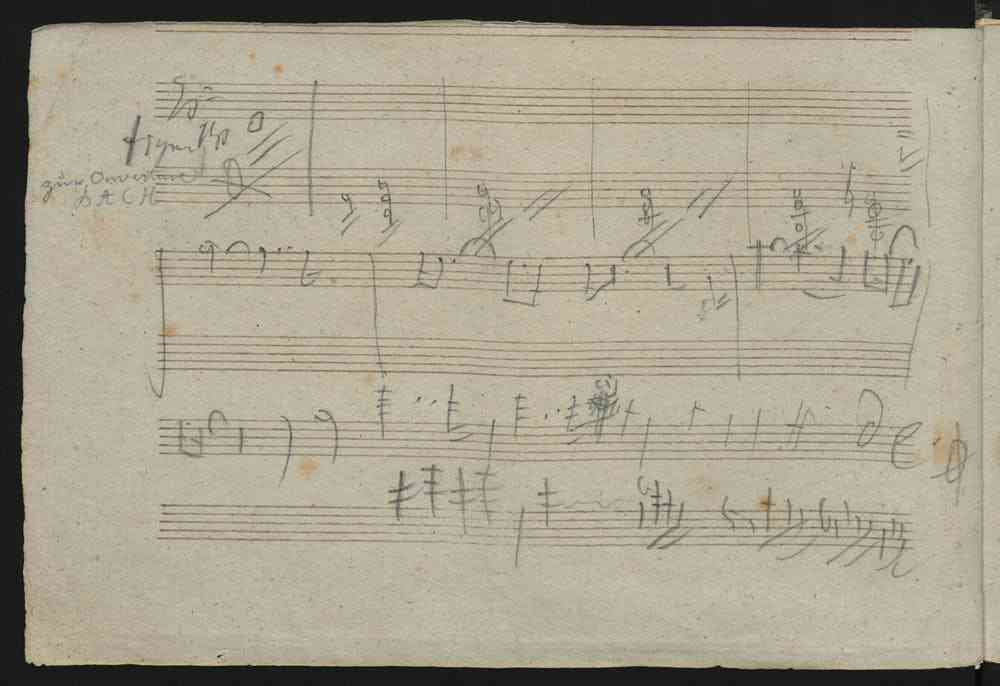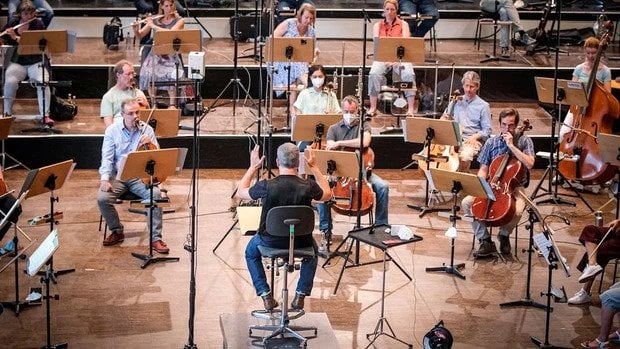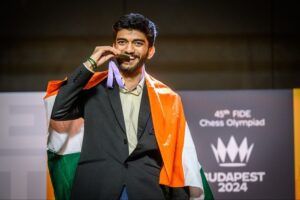Ludwig van Beethoven is undoubtedly one of the greatest musicians that ever lived. The German composer and pianist completed 722 musical works— including nine symphonies — despite being completely deaf during the last decade of his life. Unfortunately, the maestro died while still working on his 10th Symphony. Now, a team of musicians and scientists have used artificial intelligence (AI) to complete the artist’s final masterpiece.
Dr. Matthias Röder first came up with the idea to complete the composition in 2019. The director of the Karajan Institute in Austria thought it was an appropriate way to celebrate Beethoven’s 250th birthday in December 2020. He began by enlisting an international team of music experts to help him with the gargantuan task. They included music composer Walter Werzowa and Dr. Ahmed Elgammal, the creator of an innovative AI technology for the art market.

Elgammal and his colleagues started the process by familiarizing the AI software initially with a broad range of classical music, and then, narrowed it to just Beethoven’s work. Meanwhile, Werzowa and his group tried to decipher the rough sketches and the handful of notes that detailed Beethoven’s plans for the 10th Symphony.
The team then began the deliberate task of feeding the AI software musical notes from the unfinished composition. Elgammal says that since music is very structured and mathematical, AI can predict the next note reasonably accurately. However, it starts to deviate from the central theme after a few notes. To stay true to Beethoven’s original composition, Elgammal’s team sent Werzowa hundreds of AI-generated musical note variations every evening. Werzowa would listen to them and then select the one that he thought was closest to what the artist would have written. The AI team would add the music and rerun the software to generate the next suggestions. And piece by piece, the team was able to complete Beethoven’s 10th Symphony

The composition — delayed by a year due to the COVID-19 pandemic — debuted at the Telekom Forum in Beethoven’s birthplace of Bonn, Germany, on October 9, 2021. Not surprisingly, the AI-generated masterpiece is causing some controversy. Critics believe technology should not be used to replicate the human creative process. Elgammal and his team agree with their stance and say their AI software is not out to replace humans — it is just a tool to help artists to express themselves in new ways.








